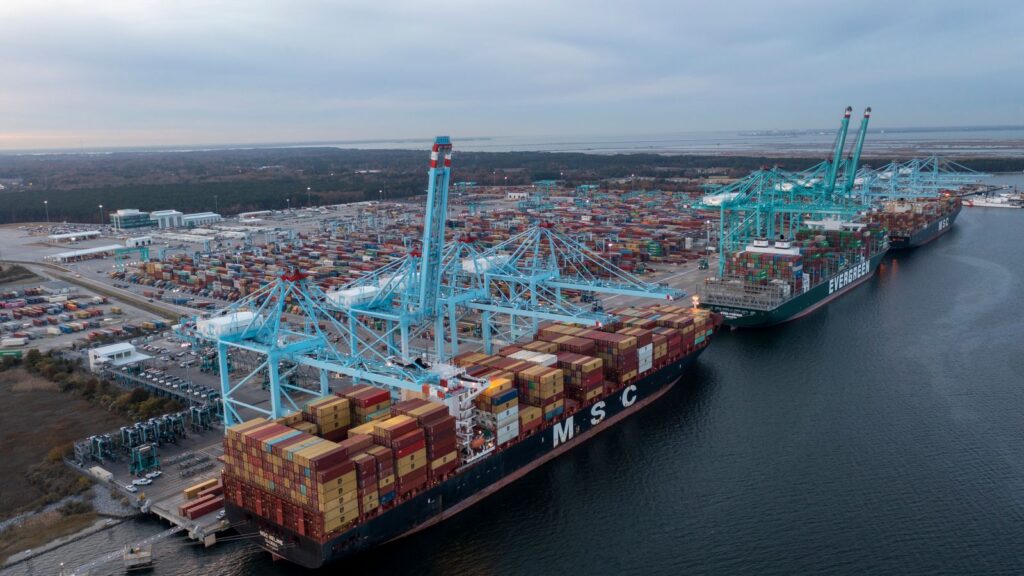China has unveiled a series of economic measures in response to the intensifying trade war with the United States, coinciding with the announcement of upcoming peace talks between senior officials from both nations. The trade dispute has seen the US raise tariffs on Chinese goods to 145%, prompting Beijing to retaliate with levies of 125%, impacting prices, supplies, and business sentiment in both countries. The strain is evident in China’s export-focused economy, with factory orders declining, while the US economy contracted in the first quarter of the year.
Amidst escalating tensions, US Treasury Secretary Scott Bessent and Chinese Vice Premier He Lifeng are set to lead their delegations in Switzerland for the much-anticipated talks. Although President Trump hinted at tariff reductions, China has insisted on US concessions as a prerequisite for progress. The decision to engage in discussions was influenced by global expectations, Chinese interests, and calls from US businesses and consumers.
While the full extent of the trade war’s impact on the Chinese economy remains unclear, the government has unveiled a coordinated stimulus effort, including interest rate cuts and reduced bank reserve requirements to boost lending. Additionally, government support for factory upgrades aims to stimulate economic activity and combat deflation. Commentators remain cautious about the potential outcomes of the upcoming talks, emphasizing that any substantial resolution would likely require extensive negotiations over several months.

